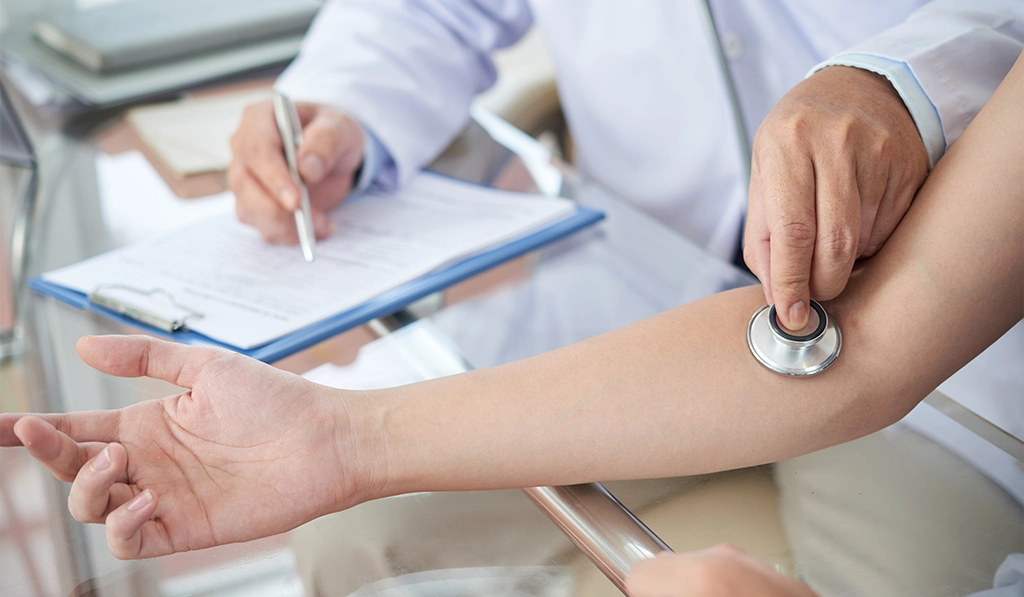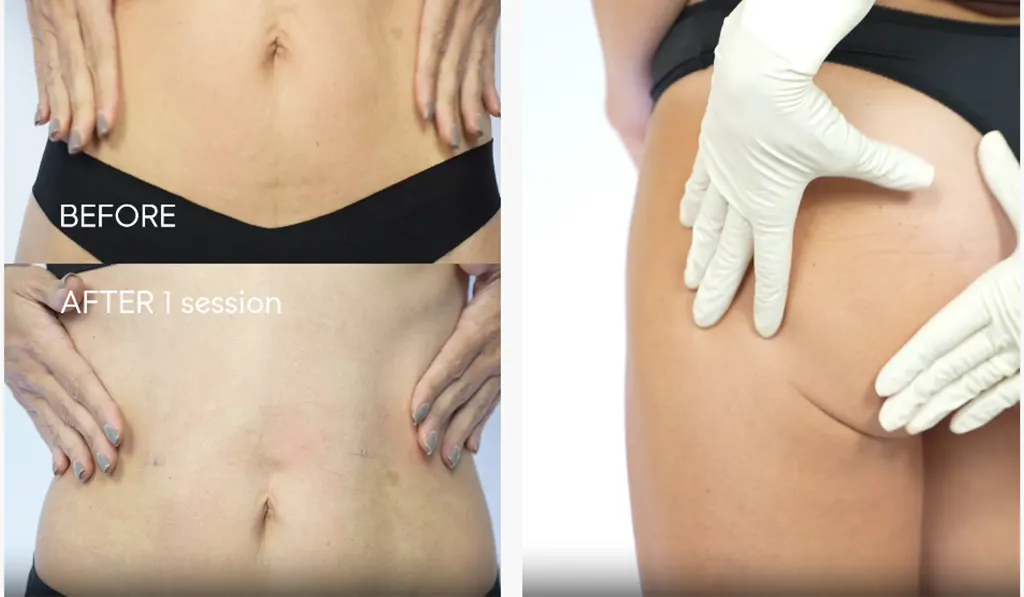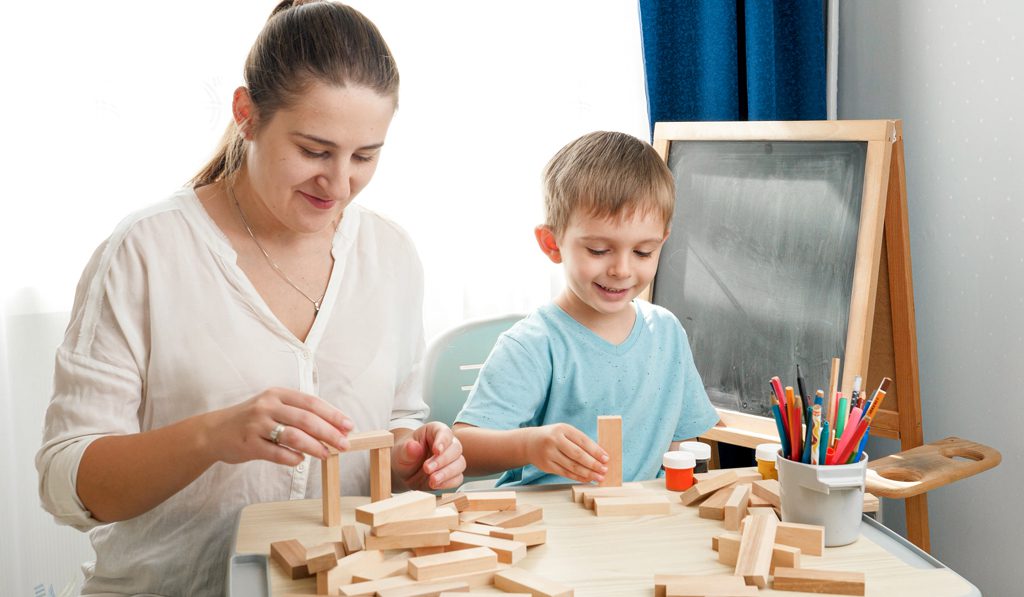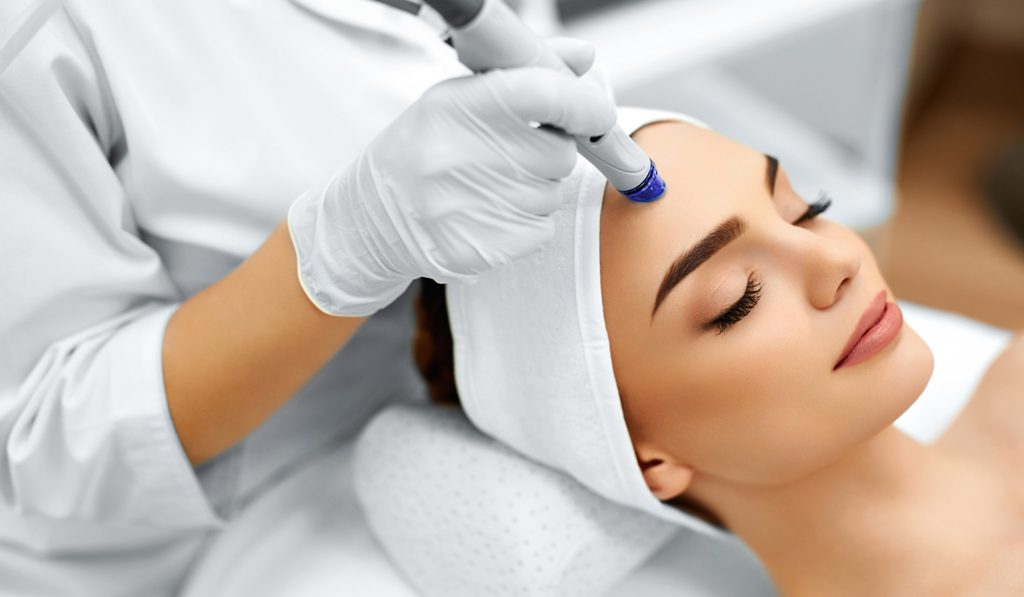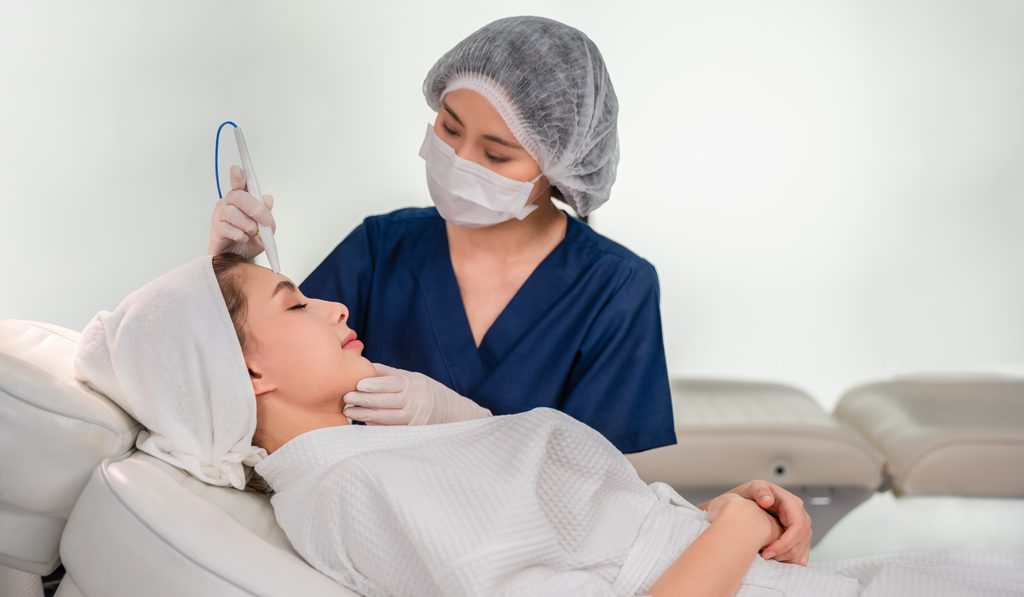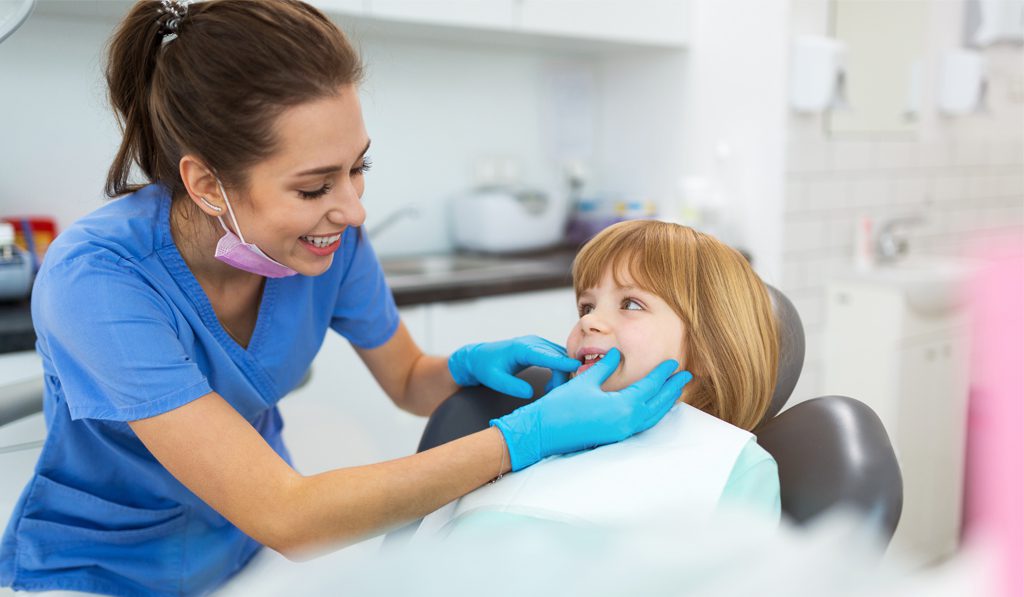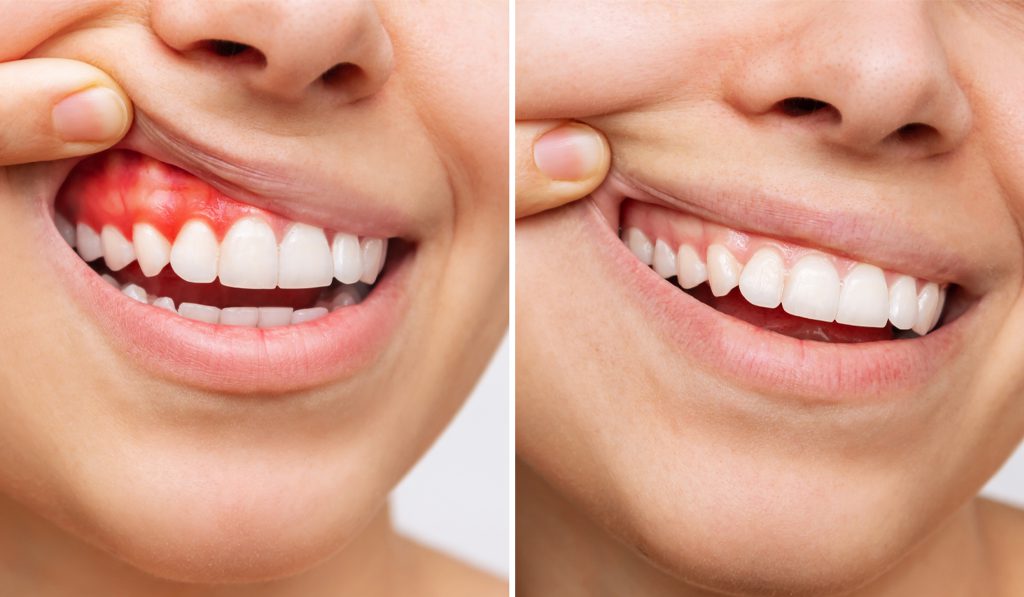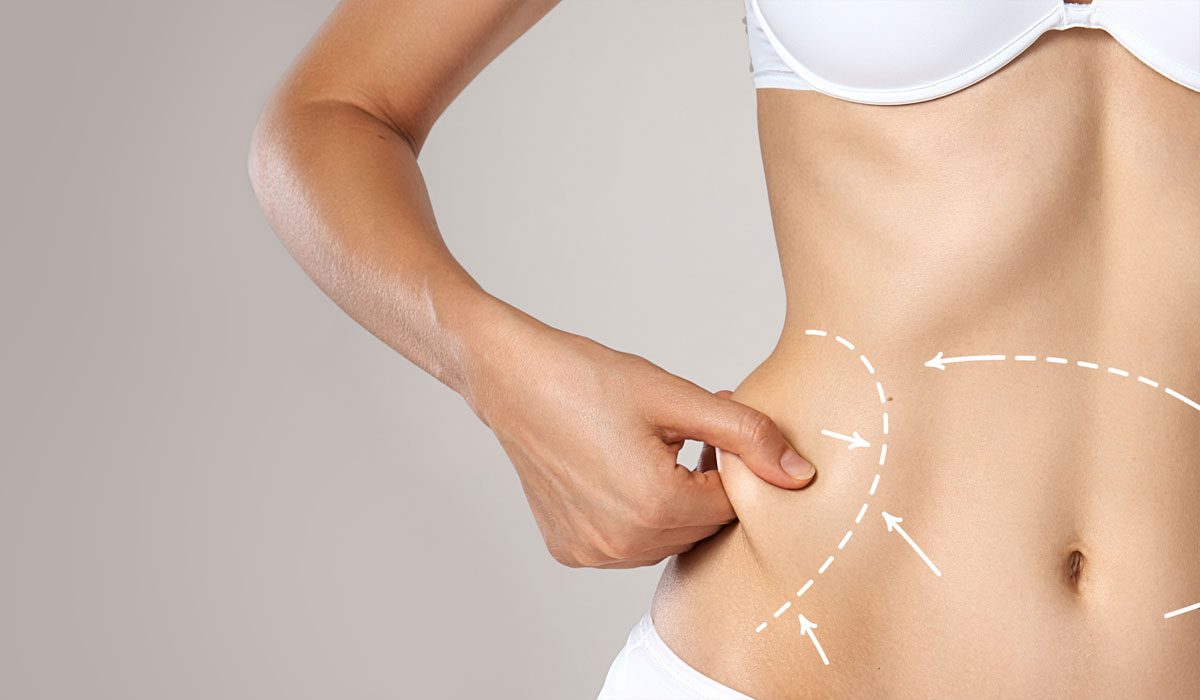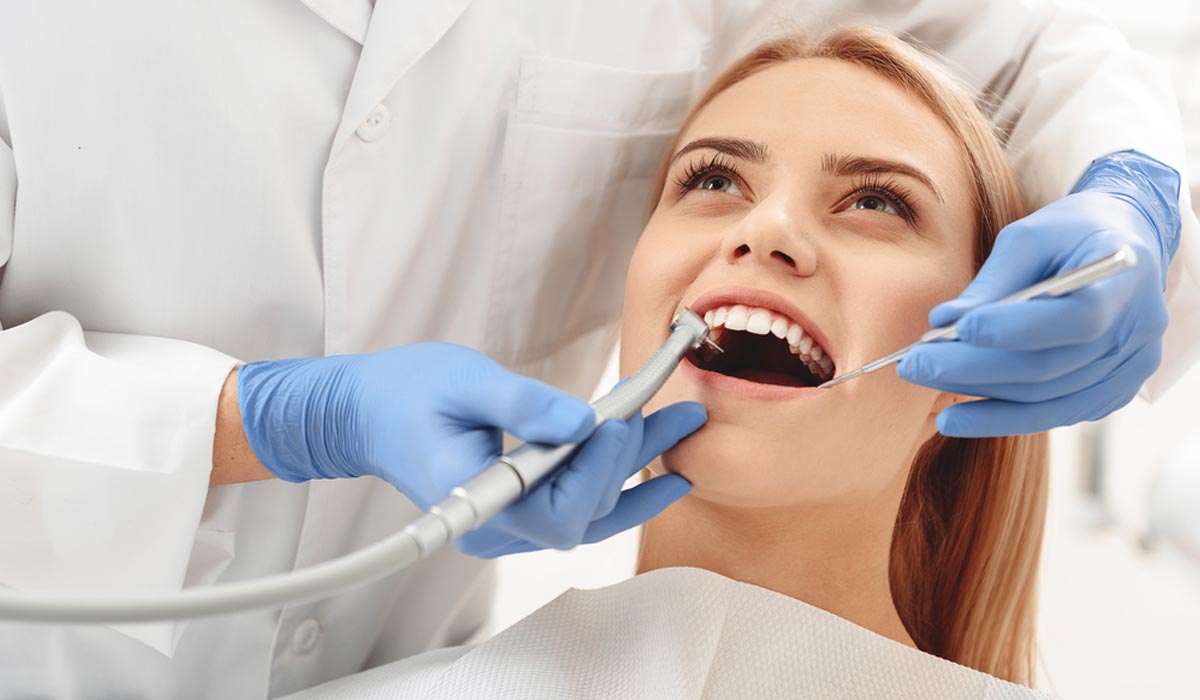Postpartum Depression: Do I Need Help?
Postpartum Depression is commonly known as “baby blues.” However, doctors advise not to brush aside the health issue by considering it as blue. It is a serious medical condition that affects nearly 6% – 20% of women within weeks after childbirth. Following the birth of a new baby, it’s natural for mothers to feel anxious, dissatisfied, and stressed out temporarily. If it remains persistent and does not fade away with time, you need to seek medical attention.
What is Postpartum Depression (PPD)?
Postpartum Depression (PPD) is the onset of complex emotions, including profound sadness, anxiety, fatigue, and emotional and physical changes. Lack of proper medical intervention may make these feelings persistent and intense.
Postpartum psychiatric disorders are divided into 3 categories:
- Postpartum Blues or Baby Blues: After the birth of a new baby, it’s normal to feel anxious, dissatisfied, and stressed out for a while. The “baby blues” are a common name for these emotions, which often fade quickly and get better with time. Nearly 75% of mothers feel baby blues. Family support and care help young mothers to come out of this period. However, a lack of proper care may lead to depression.
- Postpartum Psychosis: It is a severe mental health disorder that begins within four to six weeks after the pregnancy. Pregnancy psychosis has a global presence and affects nearly 0.1 to 0.26 mothers. Women suffering from psychosis are prone to delusions, auditory hallucinations, irrational thoughts, and even loss of touch with reality.
- Postpartum Depression: It begins soon after childbirth and requires medical attention. PPD can even prevent you from performing daily routine tasks and can create detachment from the baby.
What are the causes of Postpartum Depression?
Chemical, social, and psychological changes after having a baby are associated with postpartum depression. The phrase refers to various mental and emotional adjustments that many new mothers go through. After birth, hormone levels rapidly decrease as a result of chemical changes. However, it is the precise relationship between this decline and depression is still unclear. The female reproductive chemicals progesterone and estrogen increase during pregnancy, and sometimes doctors also prescribe additional hormones to support the pregnancy. After delivery, they immediately decline, and the levels of these hormones return to normal within three days following giving birth.
In addition to these biological changes of having a baby, social and psychological changes can also increase the risk of depression. Women who have to go through the below circumstances are more at risk of getting PPD:
- Previous history of depression or OCD.
- Age of pregnancy.
- Family history of mood disorder.
- Having twins or more kids.
- Going through extremely stressful life events, such as job loss or other illnesses.
- Marital problems.
- Having a child with special needs.
- A single mother without much support.
Detailed symptoms of Postpartum Depression
Symptoms can vary from patient to patient, but some are more common than others:
- Feeling intense sadness.
- Severe anxiety.
- Obsessive worrying about the child.
- Appetite change; either overeating or not eating enough.
- Sleeping disorder; insomnia or sleeping too much.
- Frequent mood changes.
- Not showing interest in the baby and having tough times connecting with the child.
- Feeling worthless and hopeless.
- Anger issues.
Some severe symptoms include thoughts of death and suicide, and harming the baby. These intrusive thoughts are clear signs that the depression may reach a level of psychosis and be dangerous for both mother and child.
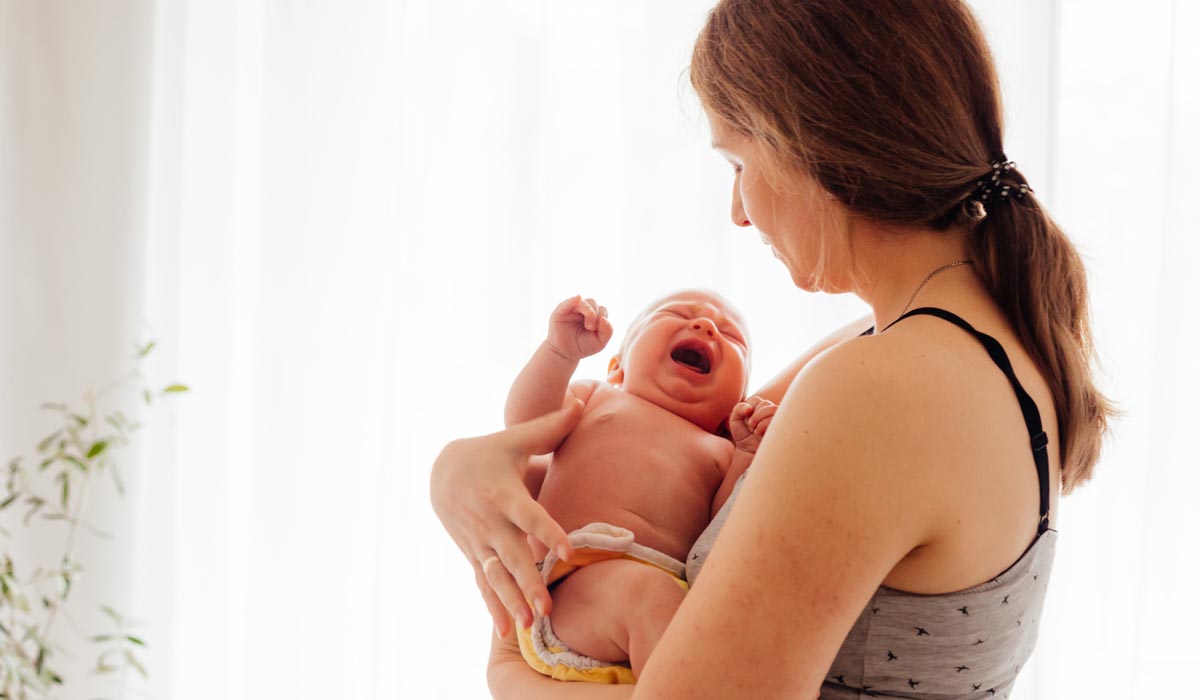
Effects of Postpartum Depression on the baby
The mother-infant bond, as well as the growth and development of the kid, may be impacted by PPD, which can predispose to chronic or recurring depression. Children of moms with PPD are more likely to experience cognitive, behavioral, and interpersonal issues. Moreover, they can be underweight and have stunted growth.
When to seek professional help?
Sadly, not many mothers share these feelings with anyone. It may be brushed aside by the closest members of the family even when they do.
When PPD prevents you from performing the daily tasks that are necessary and your capacity to function as a normal human is compromised, you must visit a medical professional, such as your OB/GYN or primary care physician. Your doctor can perform a depression screening on you and develop a treatment strategy. If PPD symptoms are not treated, they may worsen. Despite the seriousness of PPD, it is easily treatable with medication and counseling.
What is the treatment for Postpartum Depression?
Medication for anxiety or depression, psychotherapy, and joining a support group for information and emotional support are all available as forms of treatment. Brexanolone (Zulresso), a novel medicine, may be administered intravenously (IV) in severe situations.
In case of psychosis, hospital admission may be required. Drugs used to treat psychosis are frequently added in the case of postpartum psychosis.
Medicines used for the treatment of PPD are safe for nursing mothers and their babies. Many mothers assume that they cannot take medications and avoid treatment. You can safely take the medicines prescribed by your doctor. Consult your physician. You and your doctor should decide on this together.
How to help a mother suffering from PPD?
Depression after childbirth can be extremely overwhelming and isolating. The support of friends and family can help mothers to come out of depression faster and even prevent it from occurring.
The period after childbirth is not only about the baby but also the mother. Many cultures have traditional resting and recovering periods for mothers, ranging from 40 days to 60 days. Carrying and delivering a baby is tiring, and a new mother must receive complete care to get back on her feet.
Here are some strategies for dealing with postpartum depression:
- Finding a listener and helper to talk to, such as a therapist, friend, or family member, can be beneficial.
- Find a new parent support group if you are away from your parents.
- Make an effort to eat healthy and schedule exercise.
- Prioritize your health and recovery.
- Be patient; your pre-pregnancy weight and body will return; give yourself some time.
- Talk to your friends on the phone or go out with them—don’t stay isolated.
- Make time for yourself and activities you enjoy, such as reading or other hobbies.
- Ask for help, don’t wait for people to come and support you.
Conclusion
1 in 7 new mothers experiences postpartum depression, which is a common mood disorder, after giving birth. No mother can be blamed for it, as it’s not their fault. Seeking medical help does not make you a bad parent. The biological, physical, or chemical factors after birth lead to PPD. If you suspect your spouse or your friend is showing signs of postpartum depression, consult a healthcare professional. They can determine the most effective way to treat your symptoms. A support group, medicine, or counseling is the best way to treat this health issue. The treatment is necessary not only for you but for your baby also. Every child needs a physically and mentally healthy mother to flourish in life.
References:
https://www.webmd.com/depression/guide/postpartum-depression
https://www.womenshealth.gov/mental-health/mental-health-conditions/postpartum-depression


